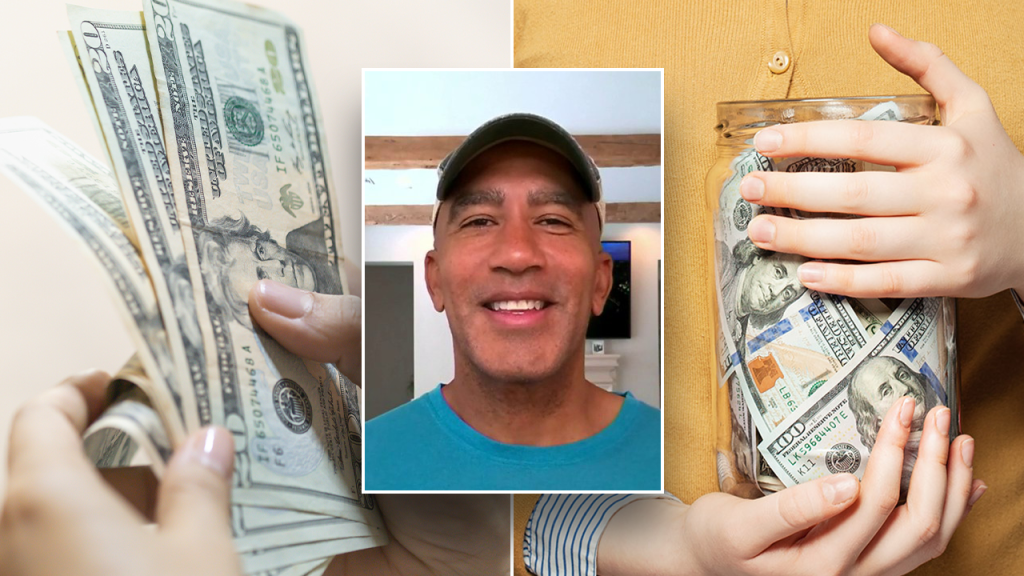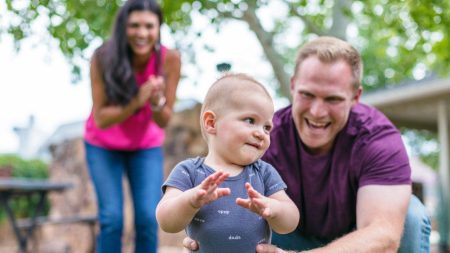When should you leave money to your kids?
“Die with Zero” author and hedge fund manager Bill Perkins told Fox Business’ Neil Cavuto “don’t wait until you die.”
The author weighed in on how to approach the topic of sharing wealth with your children while spending to live comfortably.
SHOULD YOU TELL YOUR KIDS ABOUT THEIR INHERITANCE?
“You know, life is about net fulfillment, about having a fulfilling ride. I mean the destination is always a grave,” Bill Perkins proposed. “So we have to enjoy the journey.”
He went on to lay out his rationale for spending before dying.
“We want to use all our resources before we die. We don’t want to go to work and have no reward, so it makes sense to spend that capital that you get from working before you die.”
Perkins noted, however, you don’t have to give money to your children, but if they are important to you, it could aid in your goal of attaining fulfillment.
The author went on to address when and why parents should give their money to their children, returning to the theme of spending their capital before dying.
FOOD NETWORK STAR GUY FIERI WON’T GIVE HIS KIDS A FREE RIDE: ‘I’VE TOLD THEM THE SAME THING MY DAD TOLD ME’
“What I really talk about is when you should give money to your kids, because the same physics that govern our lives, like we’re all going to die, and we’re all going to decay, and our ability to convert that money into meaningful experiences or things we’re going to enjoy, deteriorates as we age.”
“I say, don’t wait until you die,” he said.
He explained that the best age when children should get money from their parents is between 28 and 33 when they’re mentally and physically mature.
“After that, it’s plateauing downhill,” he added regarding age.
When it comes to his own children, Perkin explained that he would allocate funds at the right time.
“I’ve listened to my own advice and I’ve, you know, done the thing that I think is going to have the most impact on their lives in my lives, and I get to enjoy seeing them use it and having a more meaningful impact on their life, not when they’re 65 or 80,” he said.
Read the full article here















